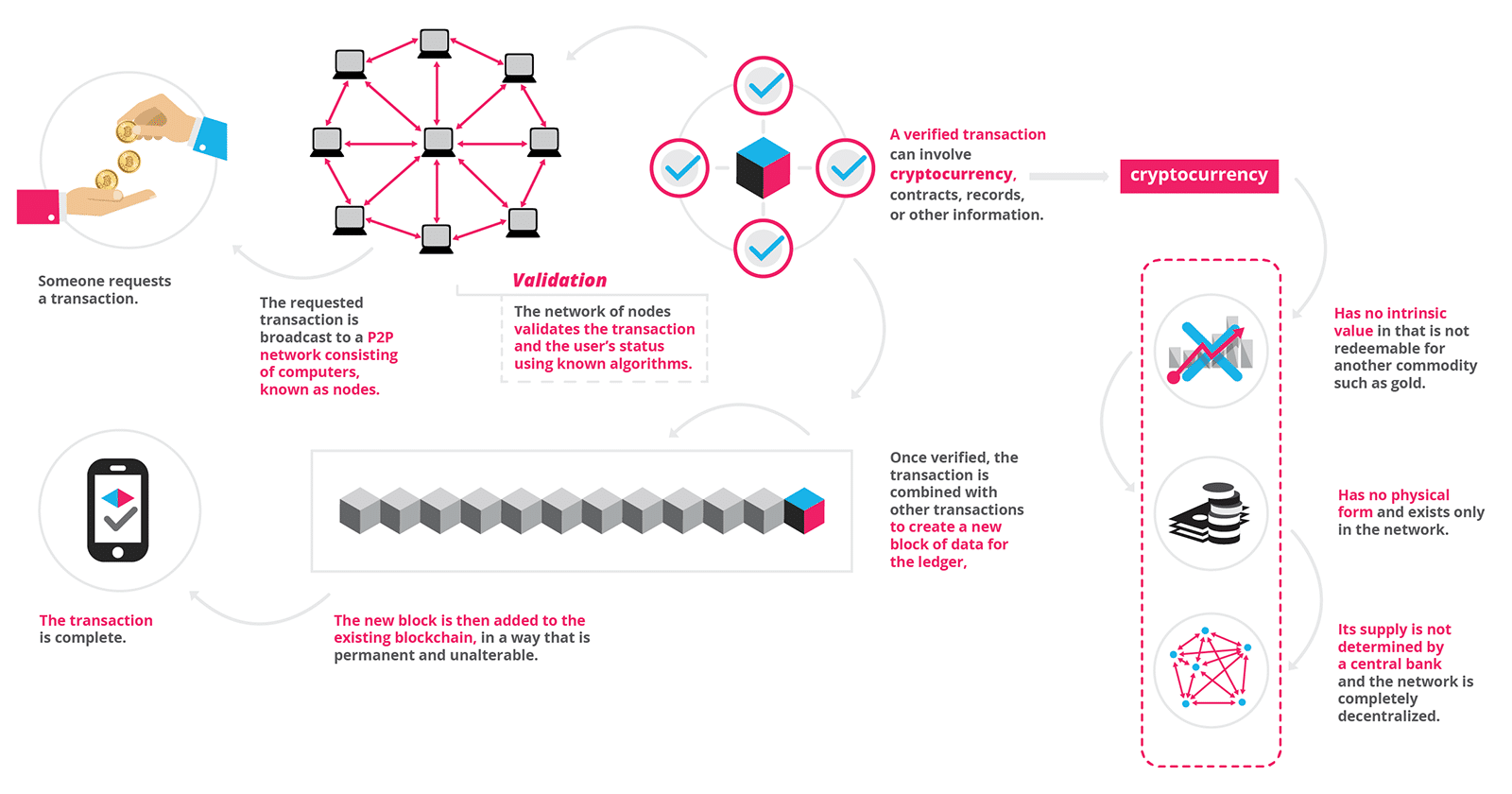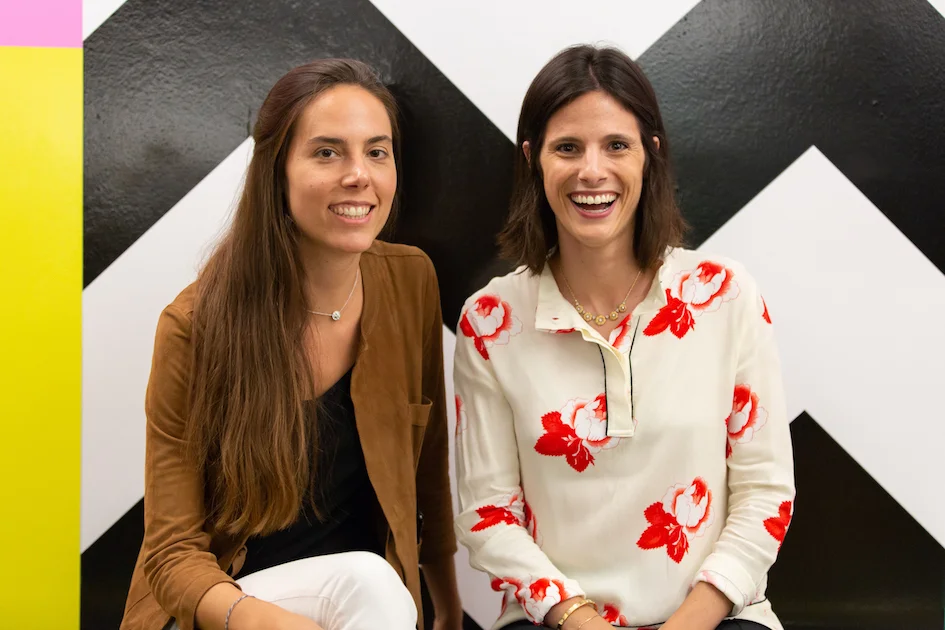Event Women & Crypto With Ambre Soubiran
On July 25th 2018 we hosted our first event in a series of informative, informal conversations that we will run with Vestpod aiming to educate all of us on the crypto and blockchain topics. Vestpod is all about empowering women financially and I think we cannot ignore this new asset class. This is a transcript of my interview with Ambre! Thank you! Emilie
Emilie Bellet: 'Only 5-7% of investors in crypto are women, and Bitcoin saw a wealth creation of $85 billion - of which [only] $5 billion or 5.88% benefited to women - we will explore tonight what are the reasons and how we can change that.
Disclaimer: We are not financial advisers and this is not an invitation to buy crypto this session is purely informative and educational! We are both investors in crypto. Only invest what you can afford to lose.
For this first session I am super happy that Ambre accepted to join us! We have been talking about this event for a while because of our common passion around finance, women empowerment and cryptos. Ambre has spent 8 years in finance, in Equity Capital Markets and she left banking and is the founder & CEO of Kaiko, a crypto-currency market data provider. Ambre is also the President of Féminin Pluriel UK, an amazing professional women network. I have asked her to come to day to present her journey from banking to running a tech startup, talk about investing in crypto, and answer all your questions about blockchain! She will not like me saying this but she is always cited as one of the most influential women in crypto!
Please join me in welcoming our guest tonight, Ambre Soubiran!
Hi Ambre,
Welcome to the Vestpod community. Really happy to have you tonight. Can you tell us a little bit more about you please?
Ambre Soubiran: I think you have already done a great intro- so I’ll just say thank you for having me over, it is a honour and a pleasure to be contributing to Vestpod’s mission and speaking to such a curious and friendly group of women!
E: Ambre, you spent 8 years working in Equity Capital Markets at HSBC. You are now the CEO of a crypto market data company. This is a big change, can you talk about your banking experience and the transition from banking to tech / crypto?
A: First of all I have to say that it is a wonderful transition! I will explain why, and hopefully I will manage to share my excitement with you. I really loved my previous job in banking, I worked with great people on really interesting deals, I spent the past 5 years providing equity based financing solutions to corporate clients- the trading floor environment is fast paced and exciting, and I had a great team.
Still, one of the issues with large institutional banks is that they are slow to move and that they care a lot (understandable) about reputational risk and will never be first mover on new technologies and ideas. My interest in crypto started late 2013 when I started reading about bitcoin and attended a bitcoin meetup in brick lane in November, we were probably 25 people in a dark basement and this was my first intro to the crypto space!
Since it was close to christmas, and that I found the concept of bitcoin fascinating, I decided to get some bitcoins as christmas gifts for my family that year. As you can imagine, at that point they didn’t really have a clue of why I thought that was such a great gift, and I had to explain. And you know the old adage, “you only understand something well once you can explain it to your grandmother”, so I started reading as much as I could about that, in order to explain to my mom why this paper wallet was actually really cool. I am not so sure she totally got it at the time however she was proud to say that she was an early adopter when it finally made the cover pages of magazines late last year!
In any case, I learnt a lot more over the months that followed and started talking about the idea of setting up a bitcoin / digital currency team at HSBC.
Now let’s remember and realise that we are still in 2014 and I don’t know what are your early bitcoin memories, but it probably has to do with buying drugs online and money laundering- so saying that HSBC was uninterested is an understatement!
However that is also when I met my current business partner, Pascal, who had just sold his previous company and wanted to do something around data and bitcoin. We started discussing and it took me another two years to get the courage to leave banking and take the role of CEO at Kaiko!
I am really happy to have you for this first session because you are also an advocate for women. You are the President for the UK of a professional women network Féminin Pluriel. It is a network for influential women - “who radiate through their professional skills, open-mindedness and courage but also for the values they cherish and share: empathy, simplicity, philanthropy and mutual support”. That sounds amazing and I think there are some values we share with Vestpod. Can you tell us what’s your role and what is the mission?
Of course, Féminin Pluriel is a professional women club that was created in Paris back in 92, at the time, the professional landscape and opportunities for women looked very different to what it is today. The club was created with the aim to gather professional women from various industries and level of advancement in their careers, and to gather them each time around one specific theme, around one keynote speaker, who would present her career, what she has learned, and talk about some challenges that she might have faced and how she overcame them… All talks are followed by a Q&A session and an informal dinner where members can exchange.
There are now about 30 clubs around the world, and all clubs function under the guidelines provided by Féminin Pluriel global, which ensures that the core values and principles are followed. The idea is that as professional or personal events take you to various parts of the globe, there is always a club that will be able to help and welcome you and introduce you to a new city.
There is also a philanthropic dimension and most clubs have a specific cause (often oriented towards education and childhood) that they support.
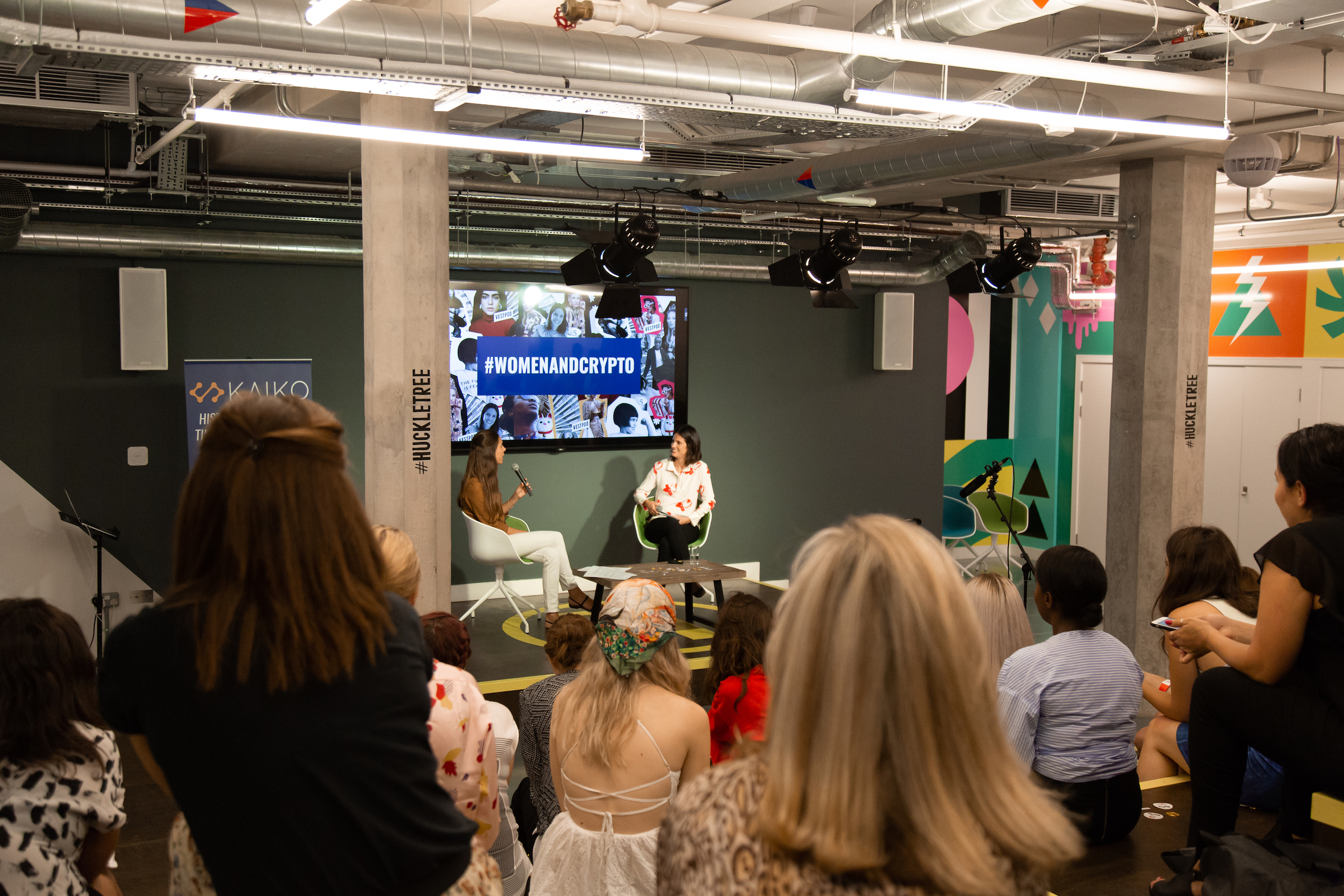
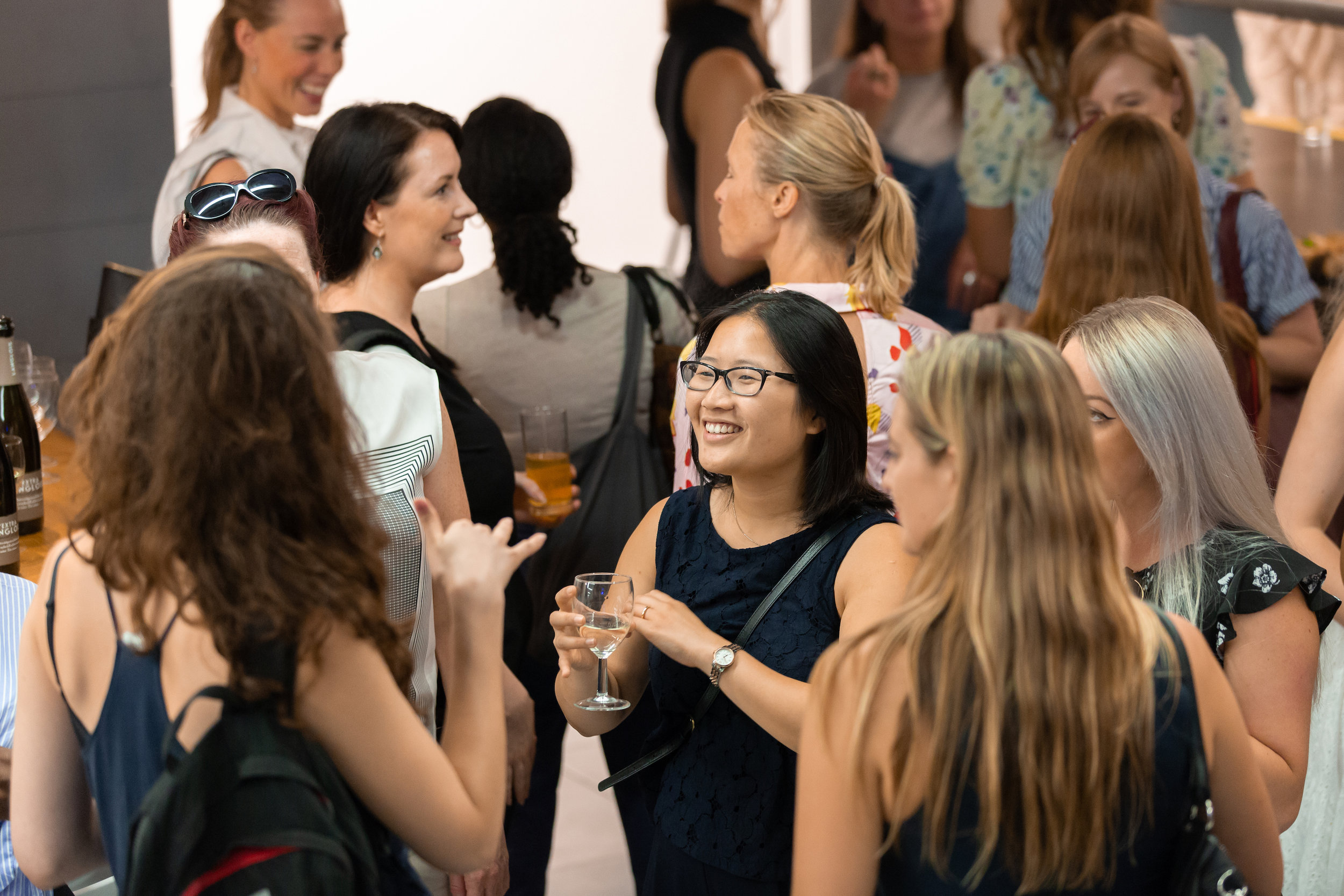
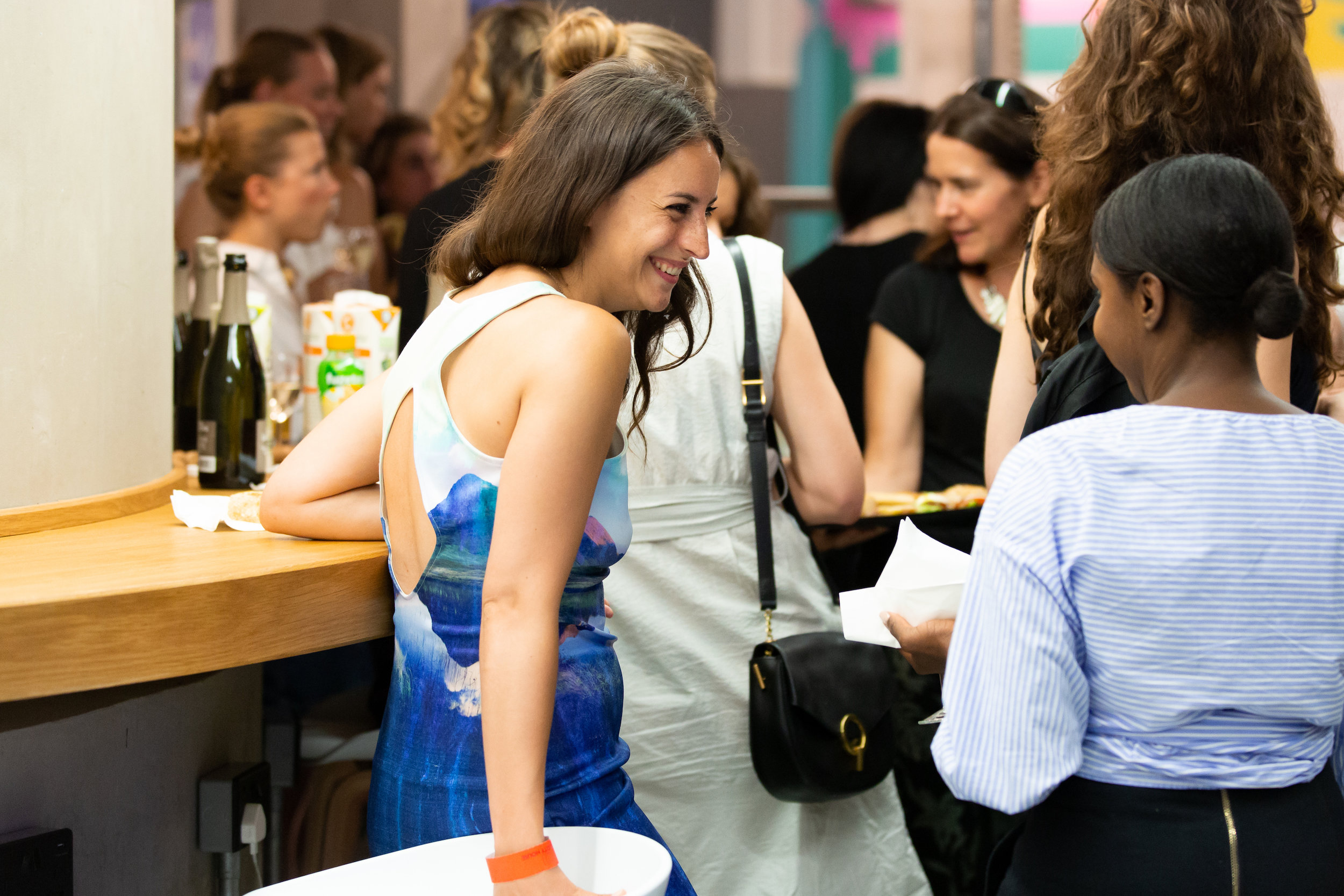
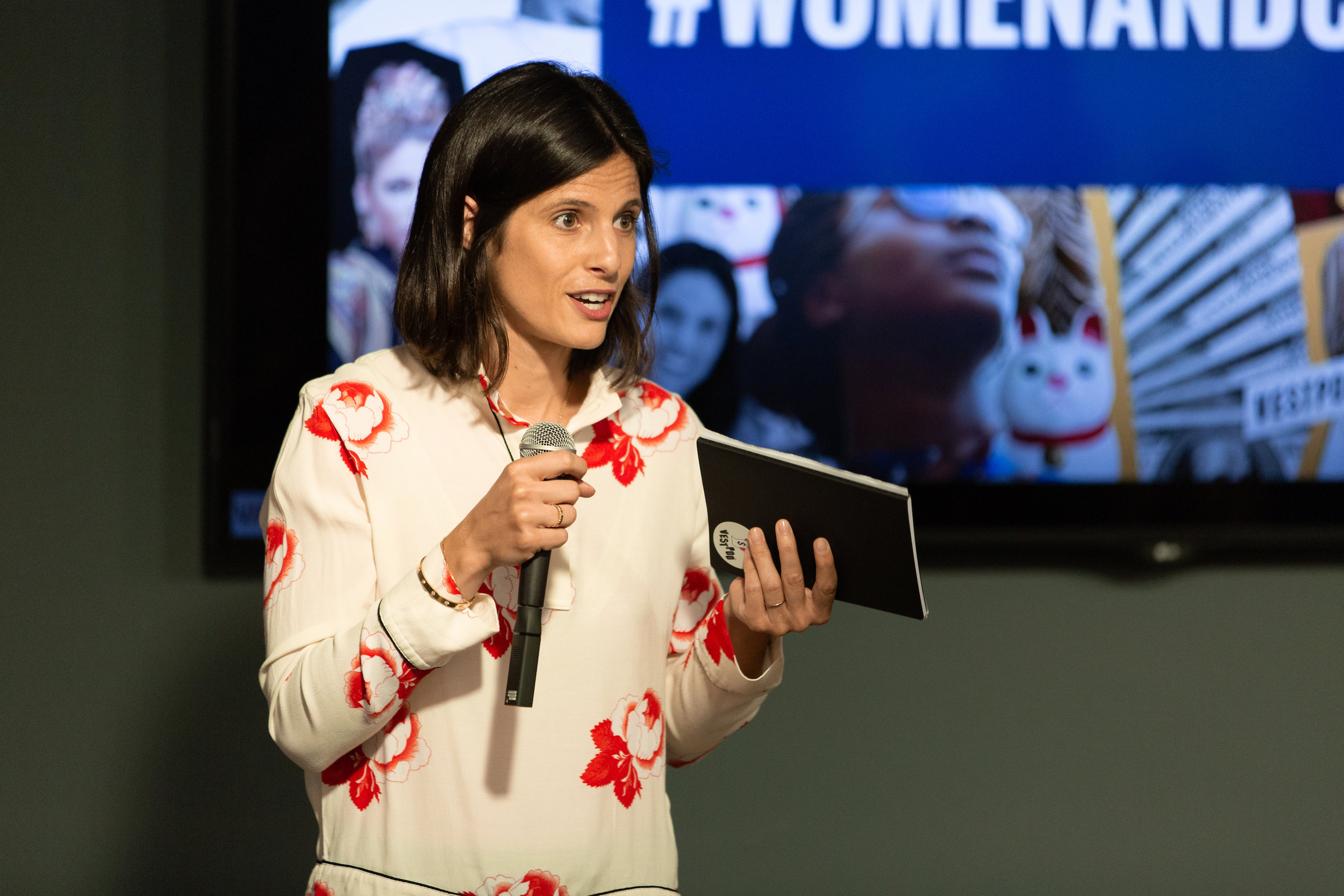
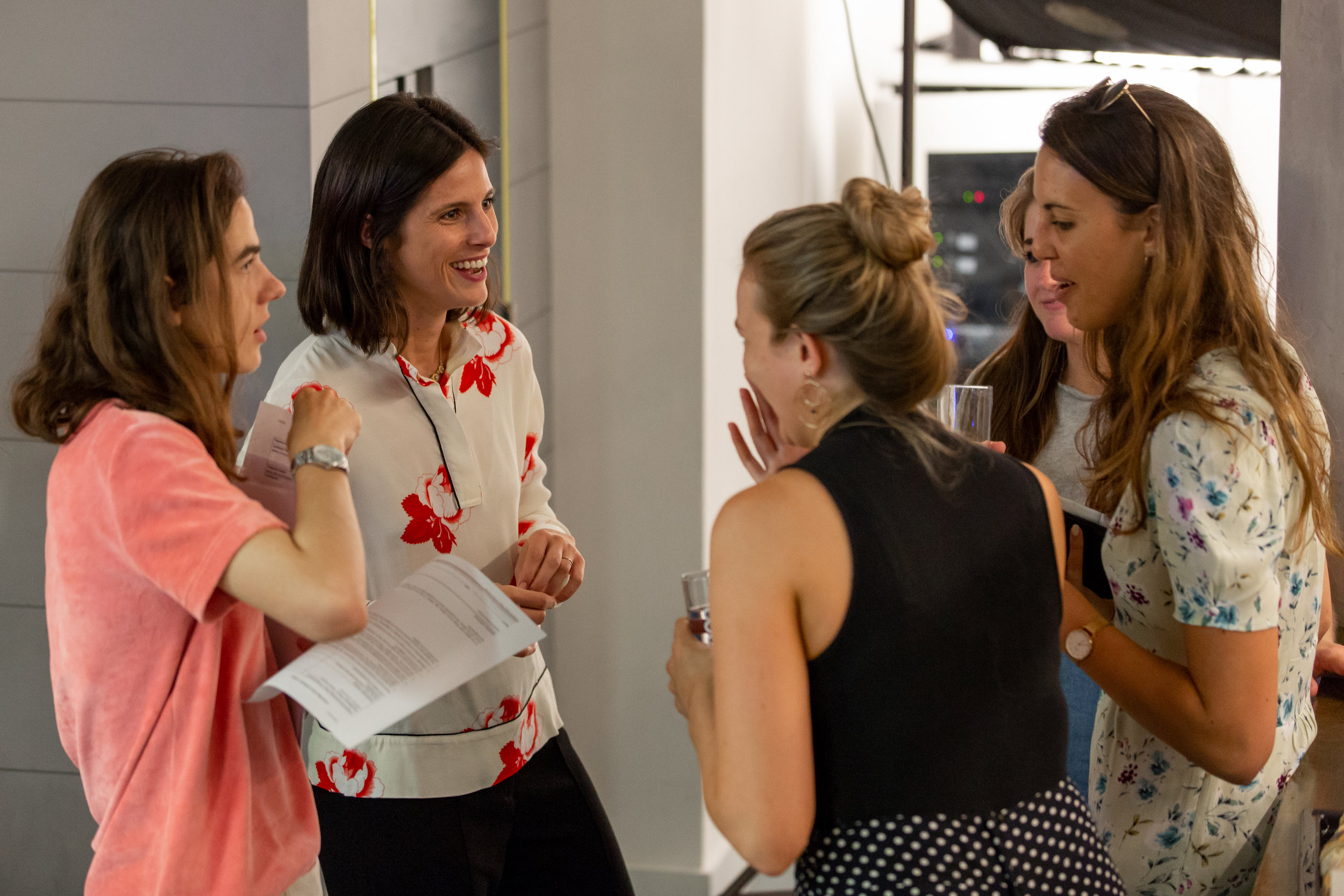
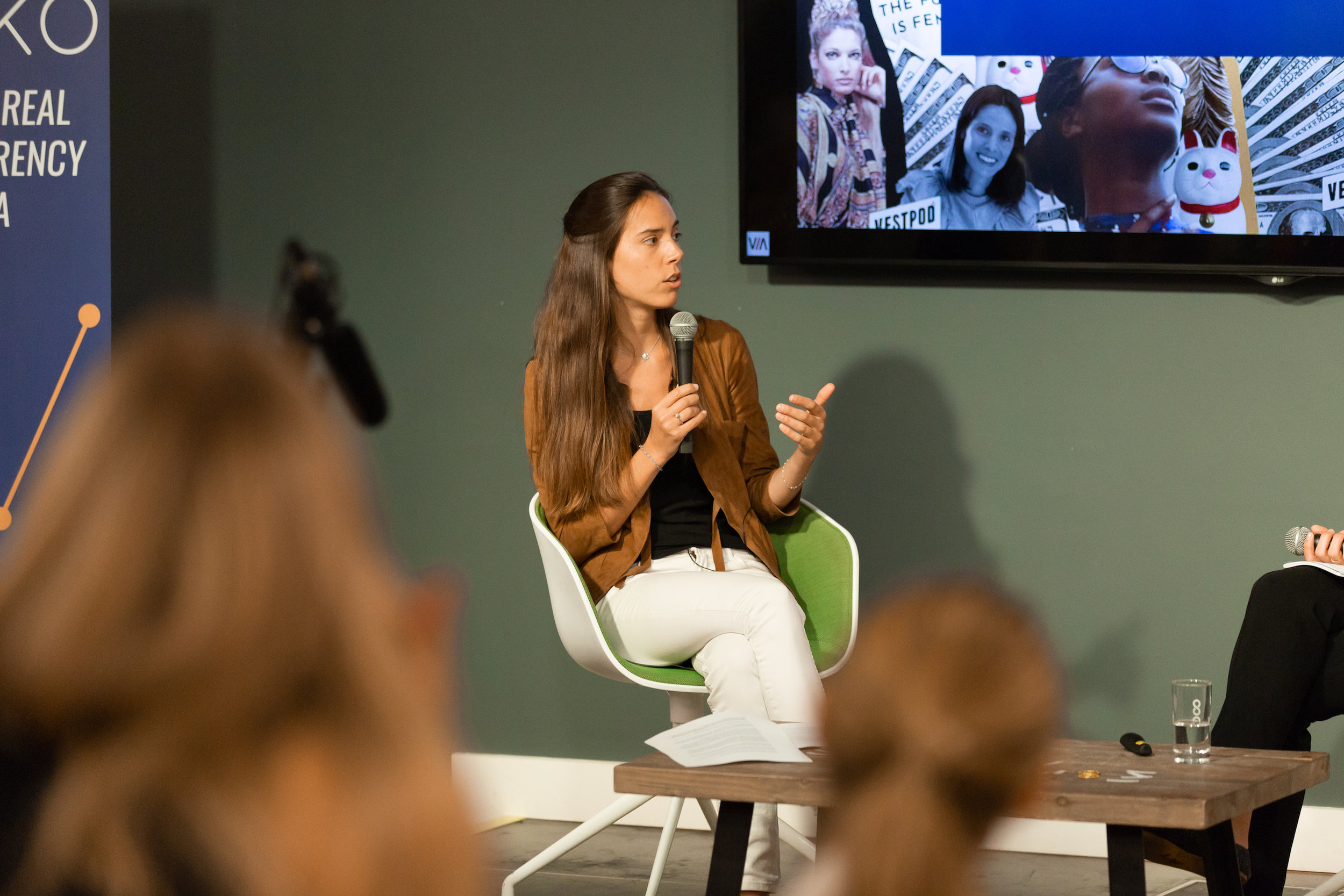
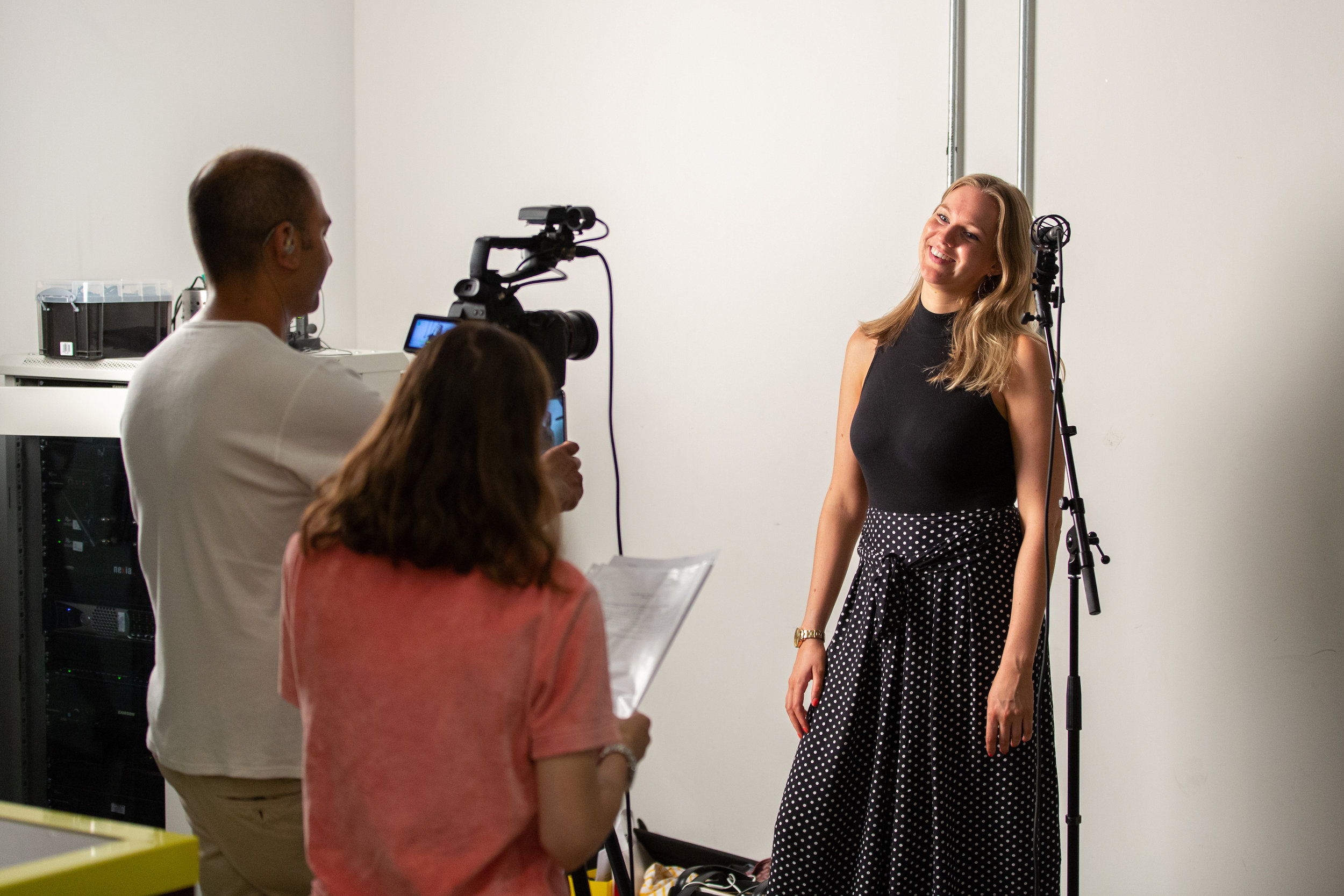
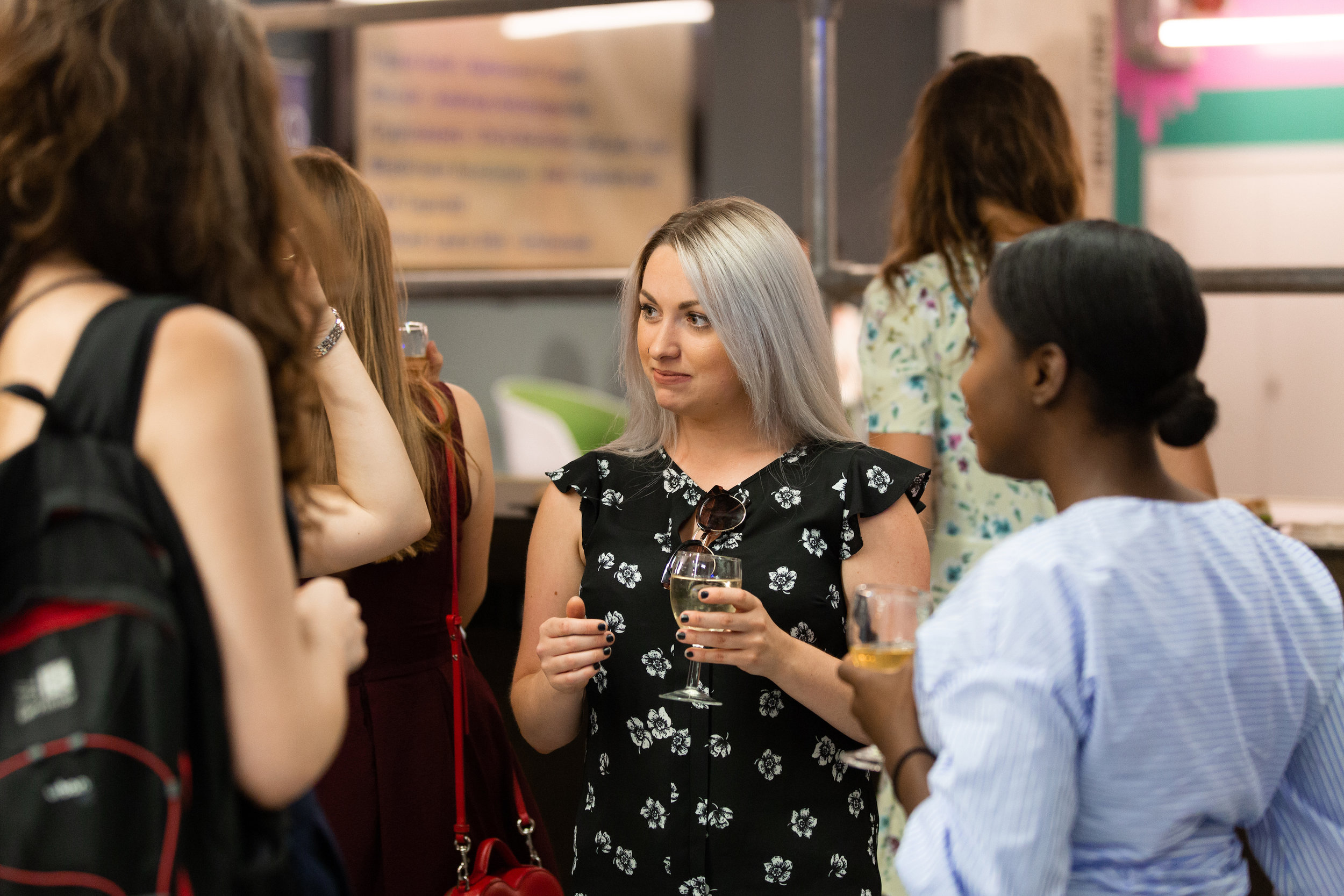
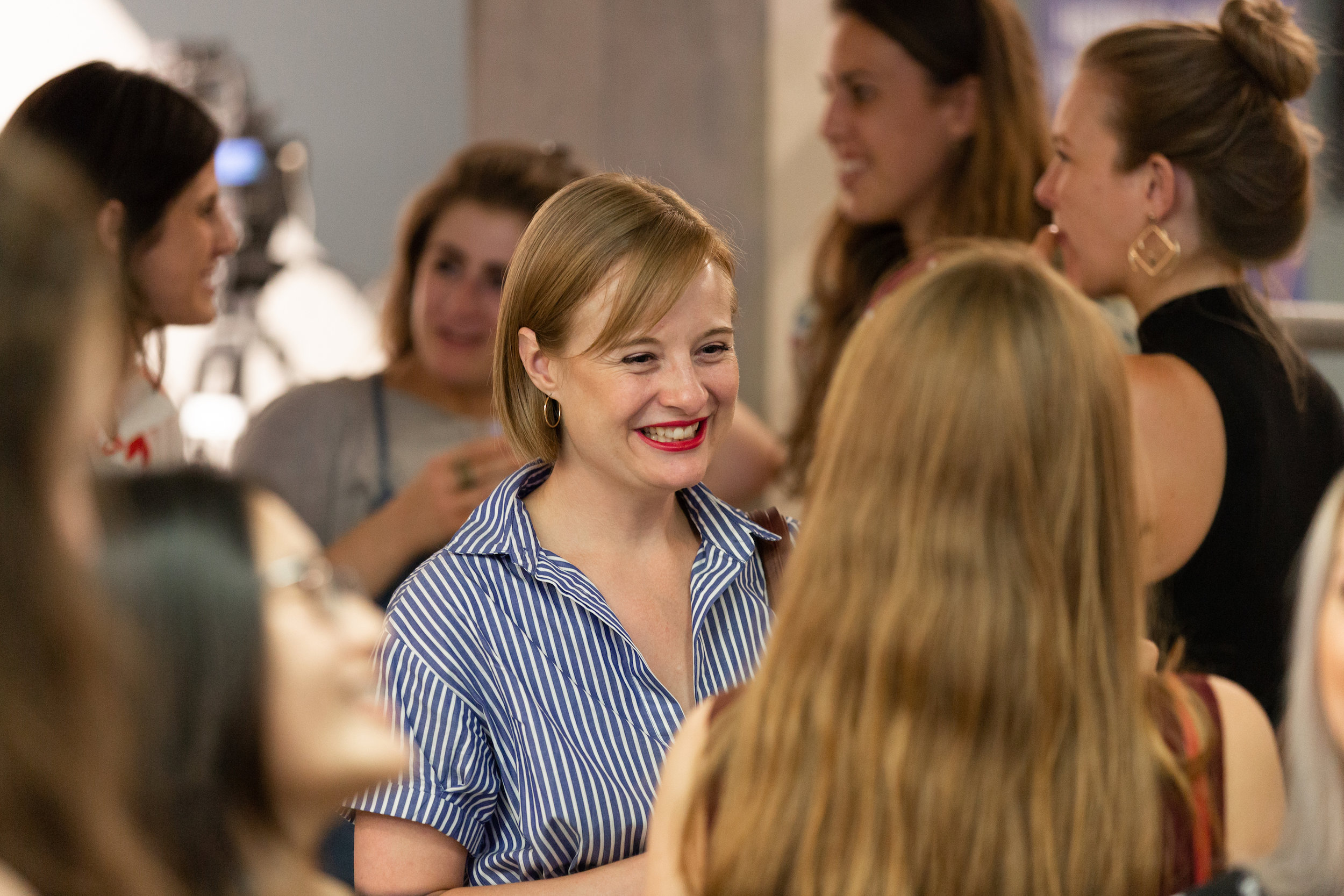
You have been the CEO of Kaiko for a little more than a year, a crypto-currency market data provider, am I right thinking it is like a Bloomberg for crypto (i.e. you collect data, produce some research and sell it to the investors and academia, covering all major exchanges and currency). What does Kaiko mean and can you please tell us more about your mission and what are you trying to achieve?
So- today, if you want to purchase or sell a cryptocurrency, let’s take for example bitcoin, you cannot just buy it anywhere, you have to do to what is called a cryptocurrency exchange. A bit like you would do if you wanted to buy some stock of a listed company. You create an account on one of these crypto exchanges, and you place an order. For example if you want to buy 1 bitcoin, you place an order that says “Emilie wants to buy 1 bitcoin at $8k”, and this order goes to what is called the order book.
The order book is like a bit book which records all orders that are placed on the exchange. Of course, generally people what to buy cheaper than the market price and want to sell higher than the market price.
So these orders go on the order book, and when a buy order has a price that matches a sell order, the buy and sell orders are “matched” and this creates a transaction between the two parties, so you would get your bitcoin and the other person would receive $8k in exchange.
One important thing to note, and we can talk more about this later, is that you do not have to purchase one full bitcoin, you can buy as little as 0.000000001 bitcoin! (one billionth”), the smallest about of bitcoin you can define is called a Satoshi, after his inventor, and currently one satoshi is worth USD $0.8210320000 !!
Anyway, currently there are hundreds of exchanges like that around the world, where people can buy and sell cryptocurrencies. And there are also over a thousand different cryptocurrencies, (it’s not just bitcoin!).
What Kaiko does, is that we are connected to all the large crypto exchanges and that we collect all the information about the order books and the executed transactions, and then we normalise the data so that it is easy for investors to get a sense of what is happening on the markets.
We basically provide a price feed that helps people understand the actual price at which all these assets are traded, and how prices differ on different markets!
Let's take a step back: Can we talk about the beginnings of crypto? How did it all start. There is a really good book that you also recommend called Digital Gold by Nathaniel Popper. I found it fascinating to understand the early days of bitcoin and the personalities who are striving to create a new global money. What’s so interesting for you about the history of crypto? silk road / crypto anarchists / cyperphunks?
Let’s go back a bit in time, in the early 90s, there were groups of cryptographers, called the Cypherpunks who had created a private chat channel where free flowing discussions took place, on wide ranging topics from technical ideas such as mathematics, cryptography and computer science to political and philosophical debates. The key principle behind this movement is the importance of privacy. From then on, a number of attempts were made to develop digital currencies.
Now, time has passed and in 2008 the financial crisis happened, when governments bailed out large banks that somehow were responsible for the situation in which they ended up, the lack of control from citizens on the decisions made by central banks and how the taxpayer money was being used was also one of the things that were being decried by the proponents of peer to peer digital currencies.
Finally, late in 2008, a paper authored by Satoshi Nakamoto titled “Bitcoin: A Peer-to-Peer Electronic Cash System” was posted to a cryptography mailing list. The real identity remains a mystery to this day.
This paper detailed methods of using a peer-to-peer network to generate what was described as "a system for electronic transactions without relying on trust", and it addressed many of the problems that the earlier developers faced including double spending (the risk that a single token is used multiple times to purchase goods).
The Bitcoin software is made available to the public (it is what we call open source software) for the first time and mining – the process through which new Bitcoins are created and transactions are recorded and verified on the blockchain – begins.
On 3 January 2009, the bitcoin network came into existence with Satoshi Nakamoto mining the genesis block of bitcoin (block number 0), this was the first block of what is today called the bitcoin blockchain!
Now a little funny anecdote, at that point, no one knew what a bitcoin was worth, it had never been traded, people were getting bitcoins as rewards for running the bitcoin code on their computers, so it was impossible to assign a monetary value. Finally, In 2010, someone decided to sell theirs for the first time – swapping 10,000 of them for two pizzas. If the buyer had hung onto those Bitcoins, at today’s prices they would be worth more than $100 million!
We’ve set up the scene and understand the fascinating early days. At Vestpod I am really trying to focus on the education side of things so can you please explain what is blockchain and what are cryptos?
Now practically how can one get started and buy and sell cryptos. It sounds easy to do this peer-to-peer and send and receive bitcoins (for example) from friends. But there is also the possibility to use exchanges. Can you tell us more about these different routes?
So- I will explain how you can purchase bitcoins via an exchange, a very popular one (and who accepts GBP and EUR) is Kraken. You basically go on Kraken.com, create an account, wire money from your bank account to your Kraken account, and you place an order! And there are your bitcoins, or any other crypto you would like to purchase.
It is actually quite easy, and there you can post order for as little as 10 euros!
How do exchanges work? What are the things we need to be aware in terms of transaction fees (miners / platforms)?
So, there are two very different concepts here.
On one hand, you have exchanges which take transactions fees just like any other exchange would (for example ransferwise when you exchange GBP for EUR), here you just exchange two different “currencies” or “assets”, GBP versus bitcoin for example, and they take a commission.
The miners on the other hand, are the ones that are running the actual blockchain, meaning that they are the ones validating transactions when someone sends bitcoin to someone else (not bitcoin versus usd, bitcoin to bitcoin, it just exchanges wallets), the miners are remunerated in two distinct ways: transaction fees and mining rewards. Transaction fees are small fees that users of a blockchain will attach to a transaction to incentivise the miner to place his transaction in a block in priority (miners will propose blocks containing transactions on which they earn most fees) so depending on how quick you want to transaction to be executed (one block is mined every 10 min on average) you might want to increase the transaction fee.
A mining reward is given to the miners whose block added to the blockchain. This is the mechanism that incentivises miners to use their electricity to run the bitcoin protocol. We call this proof of work, and it has had a lot of bad press lately as this consumes a lot of energy.
I am working in a co-working space and lots of people working in tech are holding cryptos. However, I have seen how stressful it has been for them to keep their hard wallets or private keys safe! We also read about exchanges getting hacked (Mt Gox). What is the best way / less stressful to hold cryptos? (Ledger, hard/cold wallets)
So, this is a great question, definitely, you should avoid keeping your crypto currencies on an exchange, once you have converted your GBP into bitcoin, it is highly recommended to move them to an “offline” wallet.
The way it works with bitcoin is that you have a public address and a private key. Your public address is the address of your bitcoin wallet, just like your email address, it is public and you can give it to anyone who wants to send you bitcoins, a bit like you would do with your email address.
Your private key, however, is what enables you to send bitcoin from your wallet, so this is the one thing that you really have to protect. If someone gets your private key, they can send money from your wallet and you have no way to complain or retrieve your keys.
When you leave money on an exchange, you don’t control your private key, your funds are basically at the exchange’s wallet and the exchange just tells you how much crypto you own, so if you request to withdraw your funds, they will transfer them to you. However, you are at risk of the exchange collapsing, closing (it happened with an exchange in Japan back in 2012 and everybody lost their funds), or even just being hacked (exchanges are constantly the target of hackers since they hold so many funds in one place).
So, the idea is to protect your wallet by holding your own private key. The best way currently to do that is to use a Ledger Wallet, this looks like a small usb stick, it has a screen on it and it is password protected, and your wallet basically leaves inside the key, so that it is never directly stored anywhere online. From the wallet you can access your funds and send or receive transactions.
Actually, there is a prize draw tonight and the winner will leave with a Ledger key!
I keep on reading that the % of women investing in crypto is low (research says it is now about 10%). Men have been investing in crypto and benefiting from the related wealth creation. Can you describe the crypto community today? Why is there such a gender imbalance in crypto and how can we make it more inclusive?
There is indeed a gender imbalance but I think it is mostly by design, as fewer women were originally inclined to work in/on cryptography and tech. However, this is honestly a very open and inclusive space, my feeling is that nobody really cares which gender you are or what your ethnicity or background is, as long as you have something interesting to say! I guess it is part of the libertarian / open source / decentralised mindset, I haven't felt that being a woman in crypto was ever an issue!
Where are we today in terms of size and maturity of the market? Where do you think it’s going?
Size wise, it is far from negligible now,
Cryptocurrencies: 1663 in total
• Market Cap: $297,732,772,597 (300 bn USD)
• 24h Vol: $17,467,417,292 (17 bn USD)
• BTC Dominance: 47.2%
I think it will take longer for crypto to be fully integrated in our day to day, but that it is going in the right direction, you have a lot of great people that are building concrete applications using blockchain technology, not necessarily bitcoin.
The other major blockchain is called Ethereum and it is basically a decentralised super computer, on which companies can build applications called dapps (decentralised applications) which uses what we call “smart contracts” to execute pre determined code.
Smart Contracts are designed to automatically perform transactions and other specific actions within the network with parties that you don’t necessarily trust. The terms for both parties to fulfil are pre-programmed into the contract.
The completion of these terms then triggers a transaction or any other specific action. Many people believe that smart contracts are the future and will eventually replace all other contractual agreements, as the implementation of smart contracts provides security that is superior to traditional contract law, reduce transaction costs associated with contracting and establish trust between two parties.
Banks and technology services companies are realizing the real potential of both cryptocurrencies and the underlying distributed ledger. Do you see big institutional money entering the space already (hedge funds, index funds)?
Yes- I see the emergence of crypto as a new asset class that will definitely attract (and it already does) institutional investors, currently, most of our clients are hedge funds and quant funds that need data to be able to understand how the space works and what trades where, not all of our clients are active crypto traders, some of then are still exploring the opportunity, but i definitely see the space becoming much more institutionalised.
The fact that other large institutional actors such as the CME have launched financial instruments (the CME launched a future on bitcoin, this is basically a derivative instrument that allows investors to short the market) shows that there is interest for more sophisticated tools.
Just to explain what institutions need futures, generally they have to hedge their positions, so most investors won’t just purchase bitcoin without the capability to “hedge” their downside, ie to sell it at the same time, this limits their exposure to only the difference between the two prices.
Currently, there are discussions around the launch of an ETF on bitcoin, ETF stands for Exchange Traded Fund and this is basically a standard financial instrument that gives investors exposure to the price performance of asset without the requirement for the investor to hold the asset itself.
For most people investing in crypto and blockchain seems much complicated than traditional stock market investing. And for me it’s a real rabbit hole, or a journey. How do you familiarize yourself with economics, tokens, ICOs, scalability etc?
There are many good resources available online now, but even my googling bitcoin101 and blockchain101 you’ll find some very decent youtube videos and explanations. There are a few books that I am happy to recommend as well as some podcasts, but you have to understand the tech a little bit before going there because most podcasts actually focus on specific applications of blockchain tech, rather than giving high level pictures.
In terms of investing: what are according to you the main advantages of investing in crypto (only invest what you can afford to lose / emergency fund)?
Well, to me, first of all by investing you’ll have some skin in the game, and you will be more attentive to any related news, you’ll want to understand it better.
Second, you participate in the development of a totally new asset class and ecosystem, you will learn a lot, and you’ll realise why people compare crypto to a rabbit hole, once you’re in, you only want to delve deeper!
What are the things you should be aware / risks of before investing in crypto (access to coins: private key / exchange hacking, speculative investment)?
Don’t invest more than you are ready to lose and make sure you control and protect your private key!!
Any good book or resource you can recommend? Where can we start doing some research?
Digital Gold by Nathaniel Popper
Bitcoin Andreas Antonopoulos
Cryptoassets: The Innovative Investor's Guide to Bitcoin and Beyond by Chris Burniske and Jack Tatar
Blockchain Revolution by Alex Tapscott and Don Tapscott
Podcast Laura Shin - Unchained
And finally, before we start our Q&A, what is your last piece of advice?
Risk/reward: Skin in the Game (Taleb)
Don’t invest more than you are ready to lose and make sure you control and protect your private key!!
Thank you Ambre for spending the evening with us and sharing your amazing story and knowledge - all the best with Kaiko! Thank you for kindly offering to sponsor our giveaway as well as the drinks.
Thank you to Huckletree who are the best hosts ever - especially Enrica!'
Ambre Soubiran & Emilie Bellet - Vestpod
Photos by the super talented Jess Yau!


